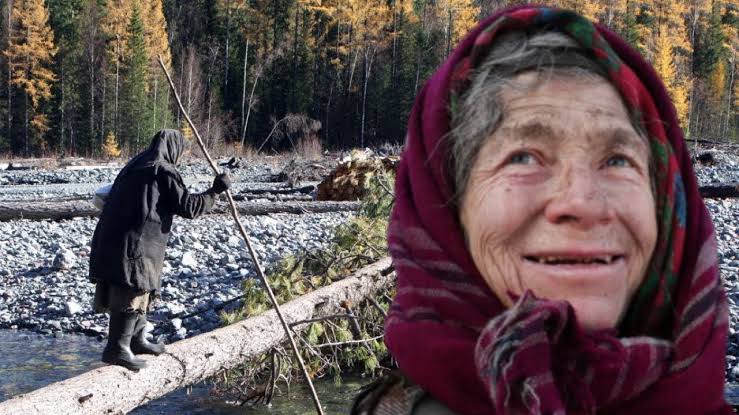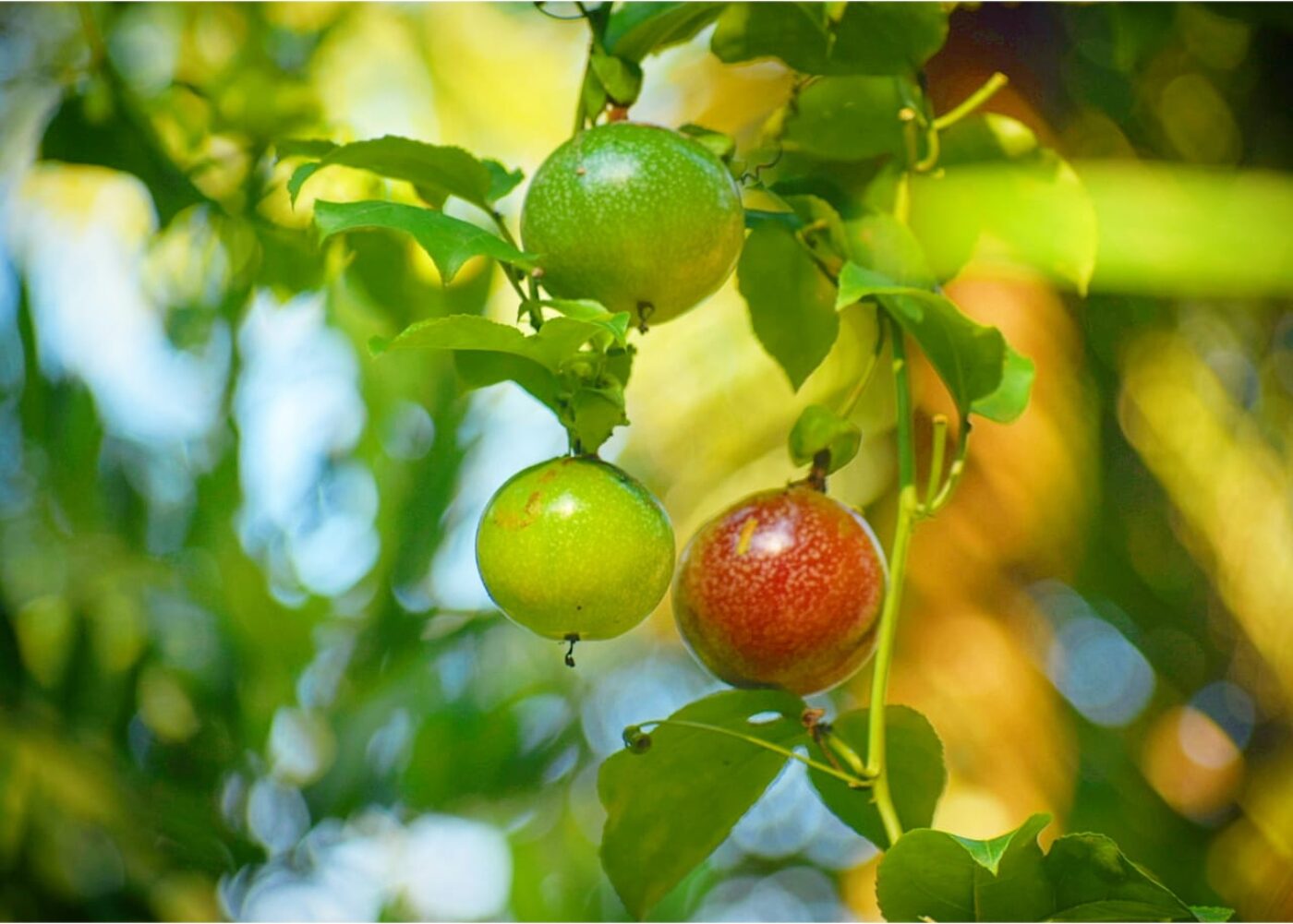Agafia , Living alone in Siberian forest

Jaison Chacko
Agafia Lykov is a woman who has lived in isolation in the Siberian wilderness for over 70 years. Her story is one of incredible resilience, determination, and survival in the face of unimaginable hardship. Agafia was born in 1944 in the remote Siberian taiga, where her family lived in complete isolation from the rest of the world. Her family’s isolation began in 1936 when they fled to the wilderness to escape religious persecution under Stalin’s regime. They lived in a hand-built log cabin with no electricity, running water, or modern amenities. Agafia was the youngest of five children and grew up in this environment, completely cut off from the outside world.

Old Believers are a group of Eastern Orthodox Christians who separated from the official Russian Orthodox Church in the 17th century. The schism was caused by disagreements over liturgical practices, such as the use of the sign of the cross and the number of fingers used in making the sign. The Old Believers rejected the reforms introduced by the official church and continued to follow the old traditions.

The Old Believers were subjected to severe œ persecution by the Russian authorities for many years. In 1653, Patriarch Nikon introduced a series of reforms to the liturgy and church rituals, which were intended to bring the Russian Orthodox Church in line with the practices of the other Orthodox churches in the world. The Old Believers, however, rejected these reforms, considering them to be heretical. The Russian government responded with brutal force, and many Old Believers were executed or forced to flee to remote areas of the country.

Agafia’s parents were Old Believers who fled to the Siberian wilderness to escape religious persecution. They were part of a group of Old Believers who left the Russian main land and settled in the remote taiga region of Siberia. The Old Believers believed that they could preserve their traditions and avoid persecution by living in isolation from the rest of the world.

The severity of the religious persecution faced by Agafia’s parents cannot be overstated. The Russian government considered the Old Believers to be heretics and enemies of the state. Many were hunted down and killed by the authorities, and those who survived were forced to live in hiding. The Old Believers in Siberia lived in constant fear of discovery, and they had to be self-sufficient in order to survive in the harsh wilderness.

The Lykov family lived a subsistence lifestyle, relying on hunting, fishing, and farming to survive. They had no access to medical care or education, and their only source of information was a Bible and a few old books. Agafia’s father, Karp Lykov, was a deeply religious man who had fled the Soviet Union in 1936 with his family to escape religious persecution. He believed that living in isolation was the only way to protect his family from the influence of the outside world.

Agafia’s family lived in complete isolation in the Siberian wilderness for over 70 years. They built their own log cabin in the taiga, which was located near the Abakan River. The cabin was very basic and had no running water, electricity, or modern amenities. The family relied on hunting, fishing, and farming to survive. They grew their own vegetables, raised their own livestock, and hunted for wild game in the surrounding forest.

Life in the wilderness was harsh and unforgiving. The Lykov family had to contend with extreme weather conditions, including long, cold winters with temperatures that could drop to -40 degrees Celsius. They had to be self-sufficient, growing their own food and making their own clothing and tools. They had no access to medical care, and any illnesses or injuries could be life-threatening.

Despite these challenges, Agafia’s family managed to survive in the wilderness for over 70 years. They developed their own unique way of life, relying on their faith and their own resourcefulness to overcome the challenges they faced.
The Lykov family’s isolation was complete. They had no contact with the outside world and knew nothing of the events happening beyond the borders of their small patch of land. They had no access to modern technology, and the only information they had came from a few old books and the Bible.
For Agafia and her family, the outside world was a distant and unknown place. They had no idea of the technological advances that had taken place since they had retreated to the wilderness in 1936. They were completely self-sufficient and had no need for the modern amenities that most people take for granted.
Agafia learned how to hunt and fish from a young age, and she became an expert at trapping and snaring wild game. She also learned how to grow vegetables and raise livestock, and she was able to feed her family with the produce she grew on their land.
Despite her lack of formal education, Agafia was a skilled herbalist, and she knew how to use the plants in the forest to treat illnesses and injuries. She also had a deep faith, which gave her the strength
Agafia’s life was not without tragedy, however. Her family experienced several devastating losses over the years. In 1961, Agafia’s mother died of starvation during a harsh winter. Then, in 1981, her brother Dmitry died of pneumonia. Despite these losses, Agafia and her family remained resilient, and they continued to live in isolation in the Siberian wilderness.
In 1978, Agafia’s family was discovered by a group of geologists who were surveying the area. The geologists were shocked to find a family living in complete isolation in the Siberian wilderness, and they immediately reported their discovery to the authorities.
The Soviet government was intrigued by the story of the Lykov family, and they sent a team of scientists to study them. The scientists were amazed by the family’s ability to survive in such a harsh environment, and they documented their way of life in detail.
The discovery of the Lykov family by the outside world was a turning point in their lives. They suddenly had access to modern technology and medical care, and their isolation was no longer complete. However, the family remained wary of the outside world, and they were hesitant to embrace the modern amenities that were now available to them.
Today, Agafia is the last surviving member of her family, and she continues to live in the Siberian wilderness. She has rejected modern amenities and continues to live a subsistence lifestyle, relying on hunting, fishing, and farming to survive. She has become somewhat of a local celebrity, and she receives occasional visits from journalists and tourists who are fascinated by her story.
Despite her advanced age, Agafia remains fiercely independent and self-sufficient. She has never married and has no children, but she is content with her life in the wilderness. She has said that she has no desire to leave her home in the taiga, and she will continue to live there until the end of her days.
Today, Agafia is the last surviving member of her family, and she continues to live in the Siberian wilderness. She has received occasional visits from journalists and tourists who are fascinated by her story. In recent years, several people have come forward to offer support and assistance to Agafia, including a group of scientists who built her a new home and provided her with food and supplies.
Despite her initial wariness of outsiders, Agafia has come to accept the help of others, and she has welcomed their support. Today, a small community of people has formed around her, consisting of volunteers and well-wishers who come to help her with her daily chores and offer companionship.
